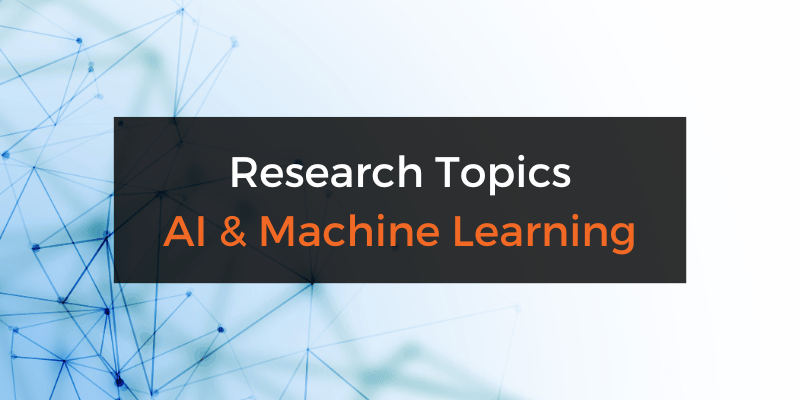Top Dissertation Topics in Machine Learning, AI, and Cybersecurity in UK
Are you looking for top-quality dissertation topics, dissertation proposals, and dissertation writing services in the UK? You’re in the right place! We have successfully worked on dissertations in the UK across fields such as Machine Learning, AI, and Cybersecurity for many clients. At Assignments Consultancy, we offer specialized solutions for students from any subject and at any level of complexity to help them achieve their grade targets.

Machine Learning and AI in Cybersecurity
Advanced Cybersecurity Topics

Our Address
421 Wandsworth Rd,Larkhall,London SW8 2RN,UK

